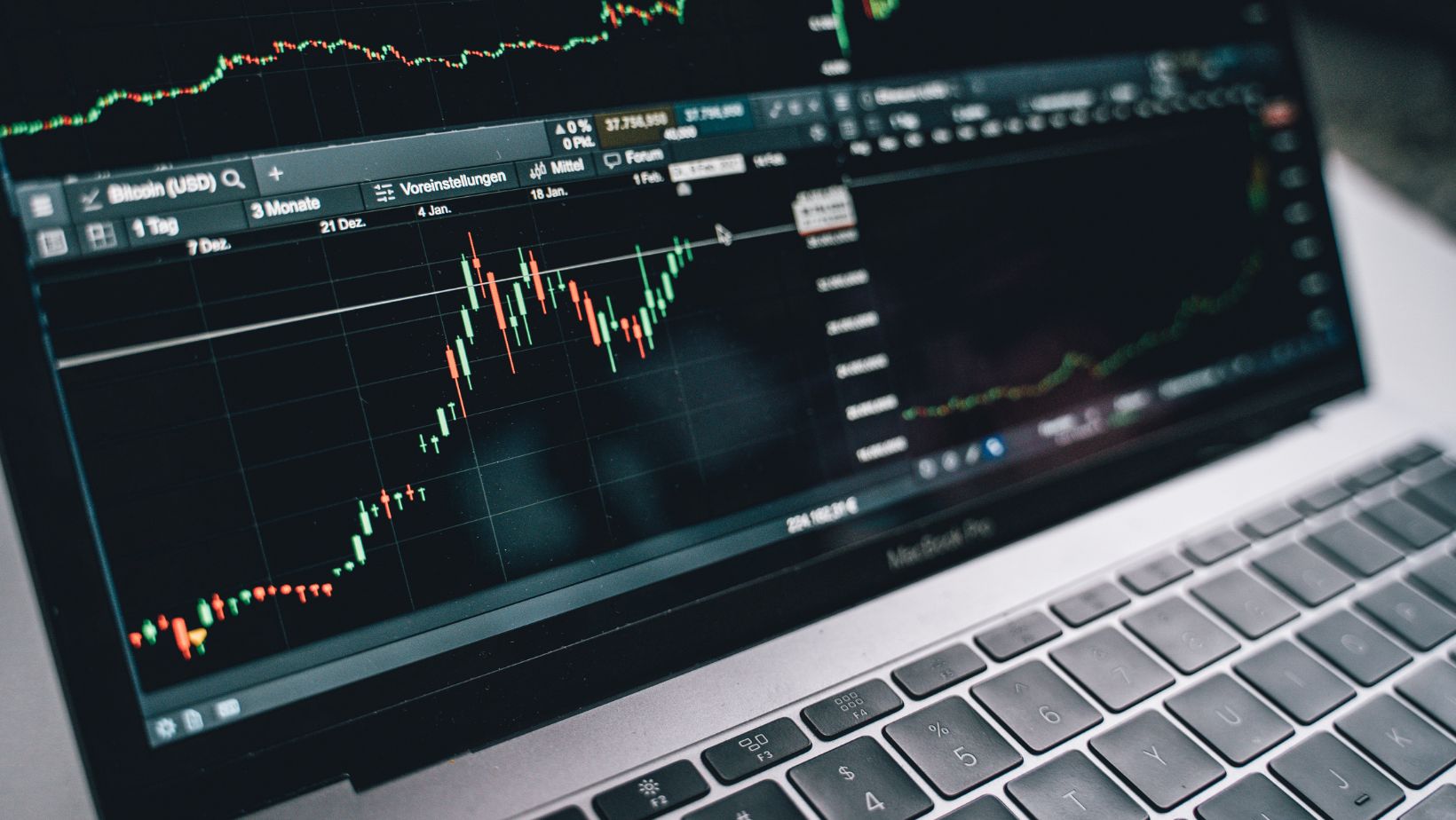Navigating the trading world can feel like deciphering a modern-day treasure map—one misstep and you might end up in quicksand. In this article, we’ll explore a structured, step-by-step approach to selecting the trading career path that best fits your skills, ambitions, and risk appetite.
Understanding the Trading Landscape
Trading careers come in various shapes and sizes. From working on the trading floor of a major financial institution to trading independently, every path has its own set of challenges and rewards.
Before diving in, it’s crucial to grasp the overall landscape. The world of trading isn’t a one-size-fits-all environment; instead, it’s a dynamic ecosystem where markets, technologies, and strategies evolve continually. Whether you lean toward short-term speculation or long-term investments, understanding where each path might take you is the first step.
Assessing Your Personal Trading Style
The most successful traders know themselves as well as they know the markets. Ask yourself:
- What is my risk tolerance?
- Are you comfortable with high-risk, high-reward scenarios, or do you prefer a more measured approach?
- Do I thrive in fast-paced environments?
- Some trading roles demand quick decisions under pressure, while others allow for a more analytical, deliberate pace.
- Am I more comfortable with technical analysis or fundamental research?
- Your analytical strengths can help determine whether you’re more suited to chart analysis, quantitative strategies, or in-depth research.
Taking a personality and skills inventory is essential. This self-assessment will not only clarify your preferences but also guide you toward the training and career opportunities that align with your innate style.
Weighing Education and Certification
Trading is a field where knowledge is power—and often a prerequisite for success. While some roles require advanced degrees in finance, economics, or mathematics, others emphasize certifications and on-the-job training.
- Formal Education:
- Degrees can offer a robust foundation in theory, but remember that practical experience is just as important.
- Certifications:
- Credentials such as the Chartered Financial Analyst (CFA) or Financial Risk Manager (FRM) can set you apart. These certifications signal a commitment to understanding market dynamics and risk management.
- Continuous Learning:
- The markets never sleep, and neither should your education. Online courses, workshops, and seminars can help you stay current with trends and technological advances.
Investing in education not only increases your marketability but also arms you with the tools to analyze complex financial environments.
Evaluating Financial Readiness and Risk Tolerance
Your personal financial situation is a critical factor in deciding your trading career path. Trading, particularly when done independently, often requires a significant capital investment along with a robust risk management strategy.
- Capital Requirements:
- Determine the minimum capital needed to start and sustain your trading career. This includes funds for education, trading platforms, and a safety net for lean periods.
- Risk Management:
- An effective risk management plan is the cornerstone of any successful trading strategy. It’s essential to set clear rules about how much of your capital you’re willing to risk on each trade.
- Backup Plans:
- Ensure you have financial buffers. The trading world can be unforgiving, and a downturn might require you to fall back on savings or alternative income streams.
Assessing your financial readiness ensures you’re not setting out on a path that could jeopardize your personal finances.
Exploring Career Options
Now that you have a clear understanding of your skills, education, and financial standing, it’s time to explore your career options in trading.
Independent Trading vs. Institutional Roles
Independent trading offers freedom and the potential for high rewards, but it comes with significant personal risk. On the other hand, institutional roles provide stability, structured environments, and access to sophisticated trading technologies and resources.
Proprietary Trading Opportunities
For those who prefer a blend of independence with the safety net of institutional support, consider opportunities with proprietary trading teams. Many Prop trading firms offer day trading, reducing personal financial exposure while still allowing you to benefit from your trading acumen.
Hybrid Paths
Some traders start independently, building a track record, and later transition into institutional roles or vice versa. Hybrid approaches may include freelance trading advisory roles or participating in hedge funds that allow for a mix of independent strategy development and team-based risk management.
Each option comes with its own benefits and drawbacks. Evaluating these options against your personal goals and risk tolerance is essential for long-term career satisfaction.
Building a Robust Trading Plan
A well-crafted trading plan is not just about making trades—it’s a comprehensive strategy for your career. Consider these key elements:
- Define Your Goals:
- Clearly articulate your short-term and long-term objectives. Are you trading for supplemental income, or do you aspire to build a full-time career?
- Set Milestones:
- Establish measurable goals to track your progress. Whether it’s achieving a certain return on investment or earning a specific certification, milestones provide direction.
- Risk and Reward:
- Develop a risk management strategy that aligns with your personal financial situation and risk tolerance. Regularly review and adjust your strategy based on performance and market conditions.
- Continual Learning:
- The best traders never stop learning. Commit to ongoing education, market analysis, and strategy refinement. Consider joining trading communities or mentorship programs to keep your skills sharp.
A dynamic trading plan adapts as markets evolve, ensuring that you remain competitive and prepared for whatever the future holds.
Final Thoughts
Choosing the right path for your trading career is a blend of self-assessment, education, financial planning, and strategic decision-making. With the right mix of analysis and intuition, you can navigate the complexities of the trading world and carve out a career that aligns with your personal strengths and goals.
Remember, every great trader was once a beginner. It’s the willingness to learn, adapt, and continuously challenge oneself that ultimately leads to success. So, equip yourself with knowledge, plan meticulously, and always keep a sense of humor about the inevitable ups and downs of the trading journey. After all, a little clever humor might just be the edge you need to stay grounded in a fast-paced, ever-changing market.
Embark on your trading career with confidence, and let your strategic mindset guide you towards a prosperous future in the markets.
